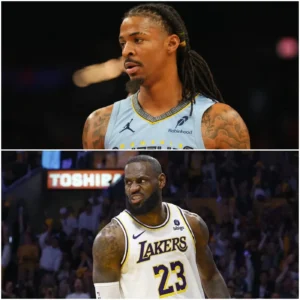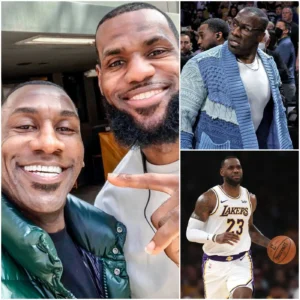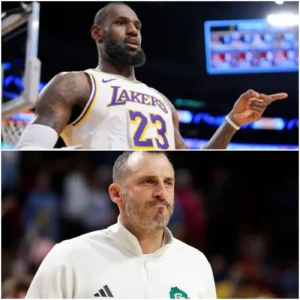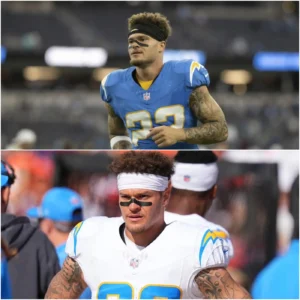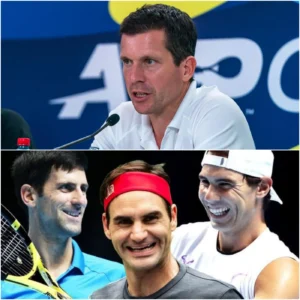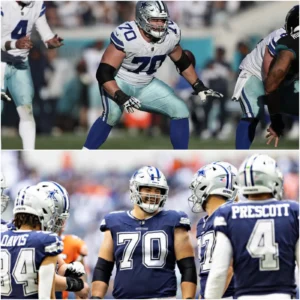5 Reasons the Lakers Should Not Trade Dalton Knecht
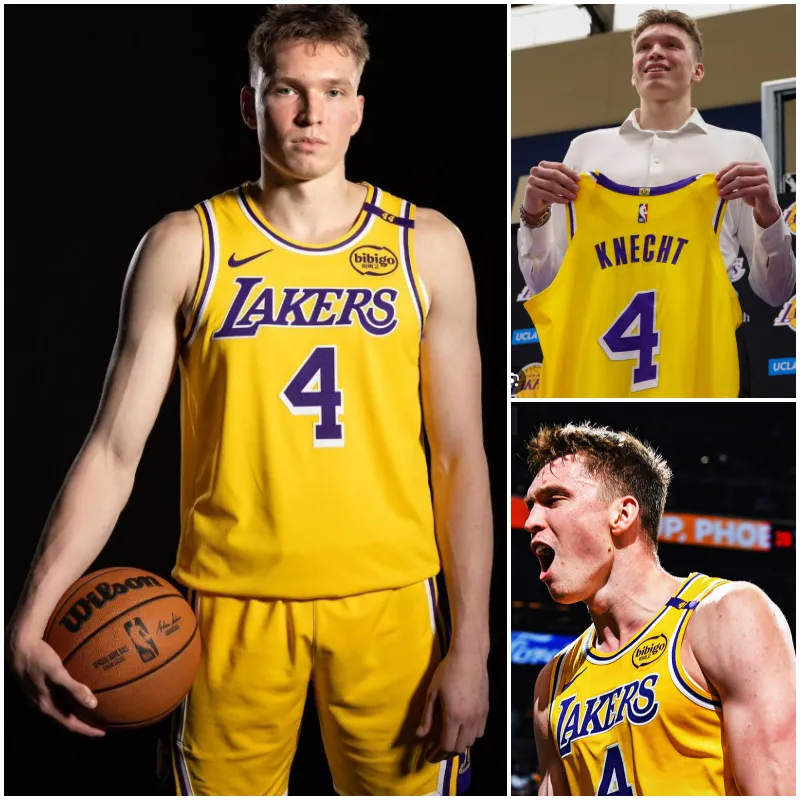
The Los Angeles Lakers are at a crossroads in their season, facing challenges that have sparked trade rumors involving rookie sensation Dalton Knecht. While acquiring veteran talent might seem like a quick fix, trading Knecht could prove to be a mistake with long-term consequences. Here’s a closer look at why Knecht should remain a key part of the Lakers’ plans.
Elite Three-Point Shooting
The Lakers have struggled for years with inconsistent three-point shooting, and Dalton Knecht is the answer to that problem. Earlier this season, he tied the NBA rookie record for most three-pointers in a game, draining 9 threes in a single matchup.
Why this matters: JJ Redick’s coaching philosophy is built on efficient perimeter play, and Knecht is a natural fit for this system. Trading away Knecht would leave the team searching for a replacement shooter—something they’ve historically struggled to find.
Offensive Versatility
Knecht’s game extends beyond his three-point shot. He’s shown an ability to attack the basket and finish at the rim, giving the Lakers a dynamic offensive weapon who can score in multiple ways.
Growth potential: While Knecht isn’t yet an elite ball handler, his ability to drive off closeouts and create scoring opportunities adds versatility to the Lakers’ offense. With proper development, he could become a complete offensive player.
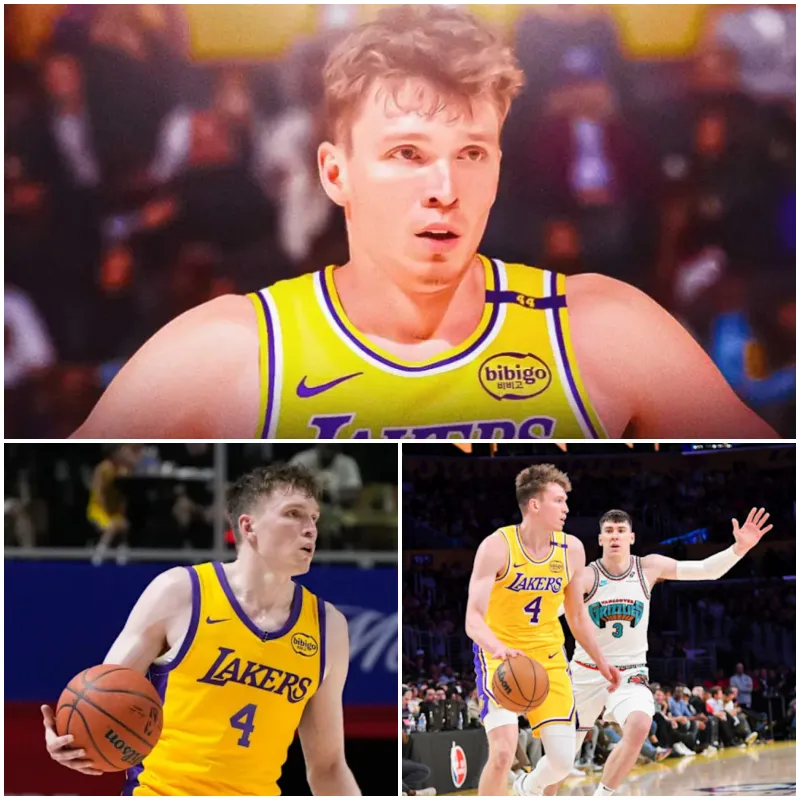
Strategic Fit for JJ Redick’s System
Coach Redick has implemented an offensive system that thrives on movement, spacing, and dynamic lineups. Knecht’s ability to shoot, drive, and finish at the rim makes him an ideal piece in this puzzle.
Why this matters: Trading Knecht would undermine Redick’s system, forcing the Lakers to adjust their strategy or find a replacement who fits the scheme as seamlessly—a tall order in today’s NBA.
Maturity and Readiness
At 23 years old, Knecht entered the NBA with more experience than many rookies. His maturity has allowed him to adapt quickly to the professional level, making him a reliable contributor in a season filled with ups and downs.
The upside of age: While some viewed Knecht’s age as a drawback during the draft, it has proven to be an asset. He’s shown he can handle the pressure of big moments and work within a team system without letting ego get in the way.
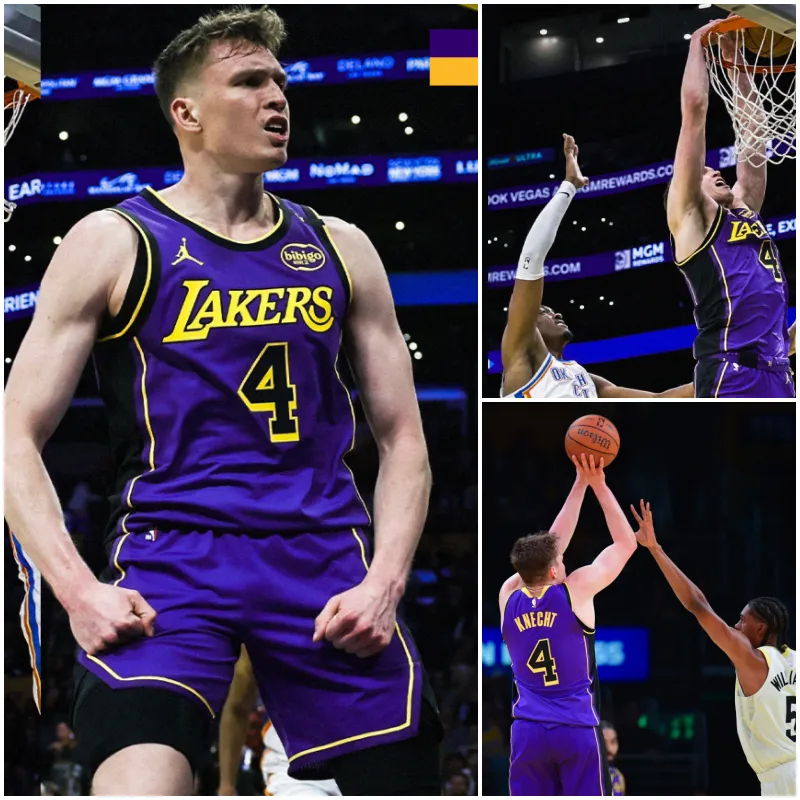
Financial Efficiency
In a league where superstar contracts often exceed $40 million per year, Knecht’s four-year rookie deal—worth just $18.4 million with $7.8 million guaranteed—is a bargain. This allows the Lakers to allocate resources to other areas of need while developing Knecht into a potential star.
Long-term value: If Knecht continues to improve, his low-cost contract will provide the Lakers with financial flexibility to pursue other upgrades, rather than overloading their payroll with expensive veterans.
The Bigger Picture: Why Knecht Matters
The Lakers are undoubtedly facing immediate challenges, but sacrificing their future for short-term gains is not the answer. Dalton Knecht offers a rare combination of shooting, versatility, and maturity that makes him a cornerstone for the team’s long-term success.
While the temptation to trade for immediate reinforcements is understandable, the Lakers should resist the urge to part with Dalton Knecht. His potential to become a franchise-defining player far outweighs the benefits of any short-term solution.
The path to sustainable success lies in patience and strategic decision-making, not panic-driven trades. Knecht represents the future of the Lakers, and keeping him on the roster ensures that the franchise remains competitive for years to come. Trading him now could be a decision they regret for decades.
